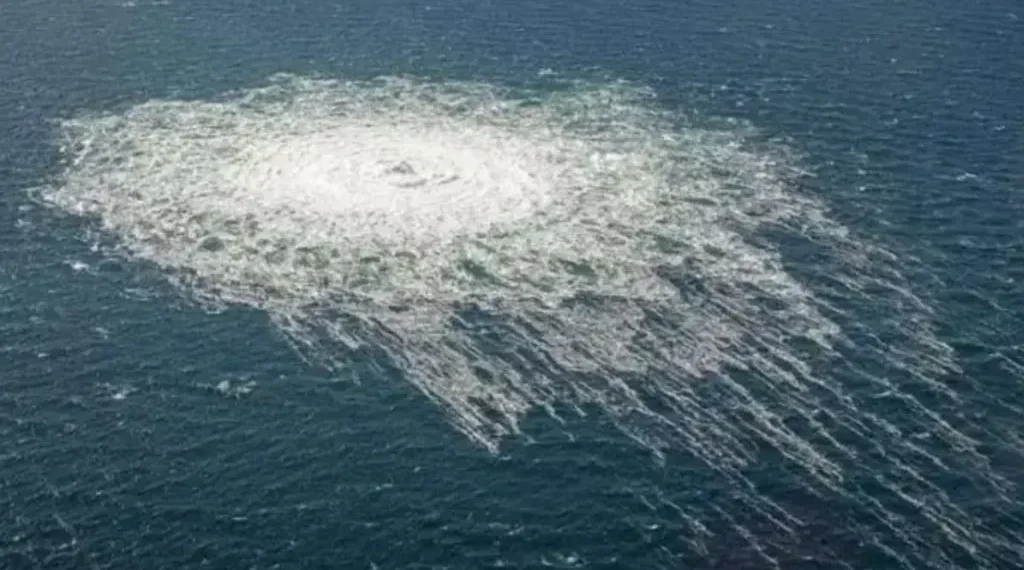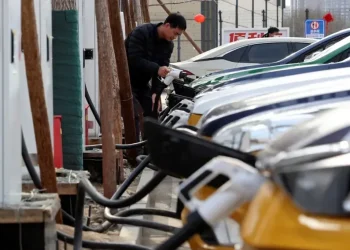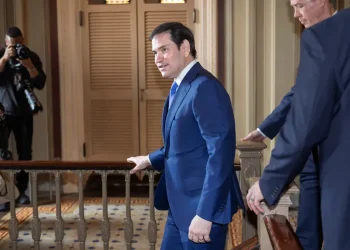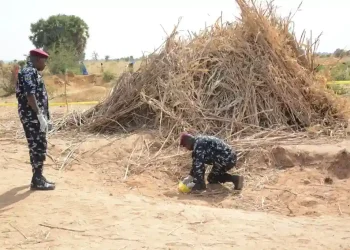Italy to Extradite Ukrainian Suspect in Nord Stream Pipeline Case to Germany
Italy’s top appeals court has ordered the extradition of Serhiy Kuznetsov, a Ukrainian accused of involvement in the 2022 Nord Stream pipeline blasts. Kuznetsov is expected to be transferred to Germany, where he faces charges of anti-constitutional sabotage. The case has drawn international attention due to its potential impact on Ukraine-Germany relations and regional security dynamics.
Background of the Nord Stream Case
In September 2022, explosives damaged the Nord Stream 1 and 2 pipelines in the Baltic Sea, disrupting gas supply from Russia to Europe. German authorities later issued arrest warrants for two Ukrainians suspected of orchestrating the attacks. Prosecutors allege that Kuznetsov coordinated the operation, though they have not publicly disclosed supporting evidence.
The German charge of “anti-constitutional sabotage” reflects the seriousness with which Berlin regards the destruction of critical energy infrastructure. Experts note that the case underscores the geopolitical sensitivity of energy security in Europe amid ongoing conflict in Ukraine.
Legal Proceedings in Italy
Serhiy Kuznetsov was arrested in late August in northern Italy at a glamping site near Rimini, where he was staying with his wife and two children. Italian authorities were alerted through automatic police notification when his passport was registered upon check-in. He has since been held pending extradition to Germany under the supervision of German police.
Nicola Canestrini, Kuznetsov’s lawyer, described the extradition decision as a “great disappointment” and emphasized that his client “feels like a scapegoat.” Canestrini argued that Kuznetsov was acting as a captain in the Ukrainian military at the time of the blasts. Court documents reviewed by the BBC include Kuznetsov’s military ID, though he has not publicly commented on the allegations.
Ukrainian Government Response
Kuznetsov’s lawyer criticized the Ukrainian government for not publicly confirming his military status or defending him. “The Ukrainian government knows exactly where he was every day of September 2022,” Canestrini said. “So, if he’s innocent, why don’t they say it? If he did it, why don’t they say it?”
Ukrainian officials have not provided comment on the case, and security sources in Kyiv declined to respond to media inquiries.
Second Suspect and Legal Outcomes
A second Ukrainian suspect, Volodymyr Zhuravlyov, an amateur deep-sea diver residing in Poland, was also sought by German authorities. Detained for 17 days, Polish courts ultimately refused extradition, citing arguments that the alleged actions could be considered legitimate defense against Russia’s invasion of Ukraine. The judge framed the alleged sabotage within the context of Ukraine’s self-defense, a position widely supported by many in the country.
In contrast, Italy’s judicial stance is more aligned with German law, focusing on formal prosecution and accountability for attacks on infrastructure.
Geopolitical and Public Reactions
The Nord Stream case has provoked complex reactions in Ukraine, Germany, and across Europe. Some Ukrainians view those responsible for the pipeline damage as defenders against Russian economic leverage, considering the attacks as strategic rather than criminal. Public demonstrations have occurred in support of Kuznetsov; outside Rome’s courthouse, a man displayed a Ukrainian flag and a sign declaring, “Serhiy Kuznetsov is a defender, not a criminal.”
Germany, as the largest European supplier of military aid to Ukraine, faces the delicate task of pursuing legal action against a national of an allied state. Analysts note that the case could strain bilateral relations if not handled with transparency and sensitivity to regional geopolitics.
Next Steps
Kuznetsov’s extradition is expected in the coming days, after which he will face trial in Germany. His legal team plans to mount a defense invoking his military status and potential justification under international conflict conditions. The outcome of the trial may have implications for international law, energy security, and diplomatic relations within Europe.
This article was rewritten by JournosNews.com based on verified reporting from trusted sources. The content has been independently reviewed, fact-checked, and edited for accuracy, neutrality, tone, and global readability in accordance with Google News and AdSense standards.
All opinions, quotes, or statements from contributors, experts, or sourced organizations do not necessarily reflect the views of JournosNews.com. JournosNews.com maintains full editorial independence from any external funders, sponsors, or organizations.
Stay informed with JournosNews.com — your trusted source for verified global reporting and in-depth analysis. Follow us on Google News, BlueSky, and X for real-time updates.














